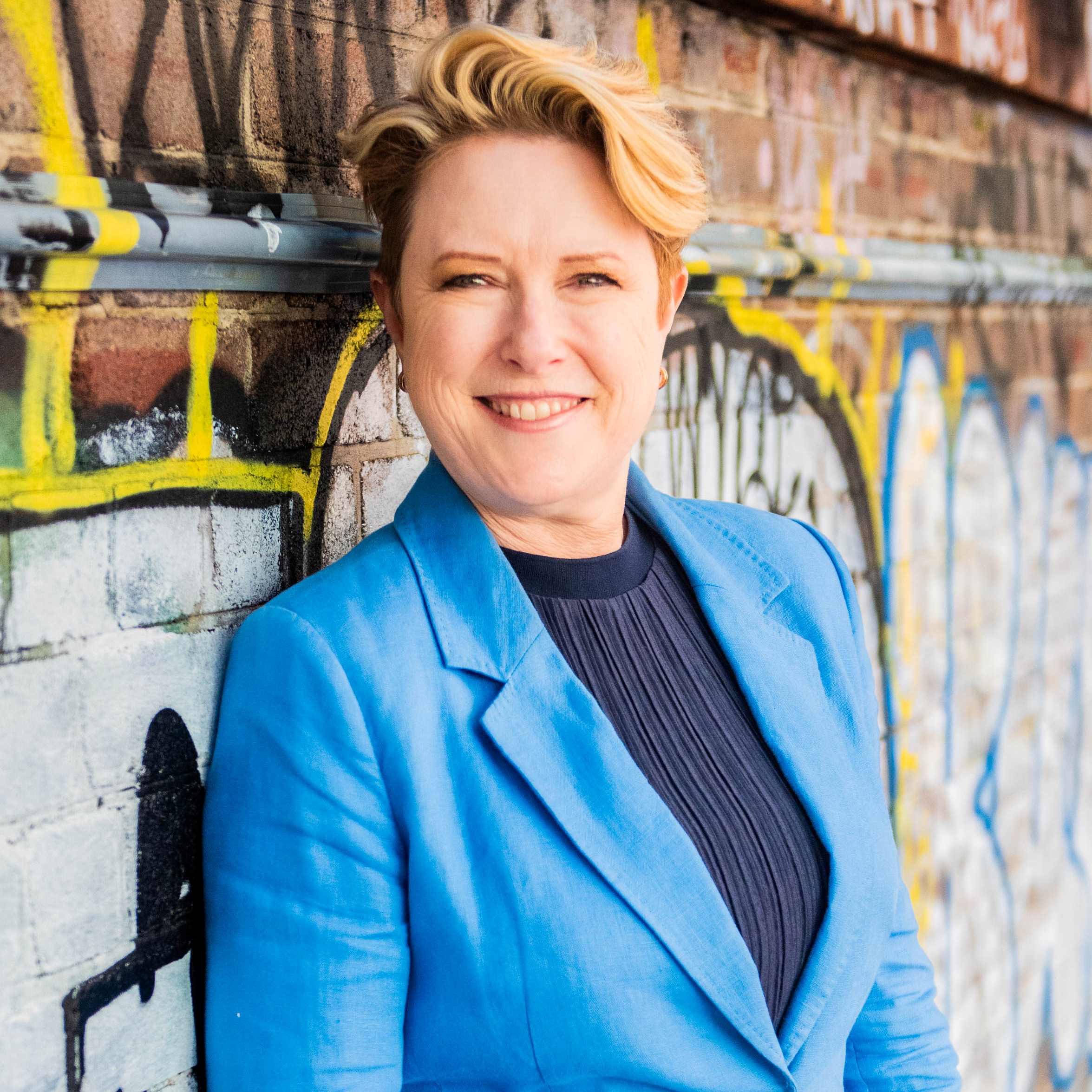1. As long as I buy something, I should make money in the long run, shouldn’t I?
Not quite. It’s a little discussed fact that not all property goes up in value and a fair proportion actually loses money. This could be because of the location, or it could be because the owner paid too much for it, or it could be due to the property itself. The riskiest type of property are brand-new and off-the-plan apartments and house and land packages. Yet these are heavily marketed to first home buyers. Beware! There is a high risk that you could lose a lot more than just your deposit if you make the wrong choice.
2. Can I use an online mortgage calculator to find out my borrowing limit?
When you apply for a loan the broker or bank has a strict and thorough set of assessment criteria. An online mortgage calculator doesn’t take any of these things into account.
For example, did you know that the balance owing on your credit card is not what affects your borrowing power, it’s actually the total spending limit of all credit cards, store cards and interest-free purchases?
The only way to know what your borrowing power is for sure, is to get yourself a good mortgage broker.
3. Why do I have to pay lenders mortgage insurance (LMI)?
Typically, if your deposit is less than 20%, you’ll need to pay for LMI. But what is LMI? It’s an insurance policy that cover the lender in the event that you can’t afford to make your repayments and they have to force a sale.
According to research*, 88% of first home buyers don't understand lenders mortgage insurance covers the lender and not the buyer.
What??? I need to pay to insure the bank?
Yep, you heard right. It’s all about the bank’s risk management, not your’s.
What better reason to make sure that you know exactly what you are doing when you buy your first home!
4. What free information can I rely on?
Free online information needs to be interpreted and never taken at face value. Most information is quite generic and doesn’t take into account your personal circumstances.
For example, the content may be relevant in one city but completely useless in another. The whole process of making offers differs from state to state. In Queensland, if you mention “exchanging contracts” to an agent, you’ll be laughed at. Whereas in NSW if you don’t “exchange contracts” you could be gazumped.
Consider the source of the information and what their core business is. Banks, real estate agencies and online portals all have a content strategy, so look for tips that relate specifically to their area of expertise.
5. Is there anywhere I can get free advice?
Unless you are paying a fee for advice or a service, you may end up paying for it in an unexpected (and usually unpleasant) way.
For instance, a lot of free workshops and seminars are put on by property developers who want to sell you an apartment or house & land package.
The advice and research that they provide is actually marketing collateral.
There are many "experts" out there who are happy to answer first home buyer questions. If you aren’t paying for their advice, then you need to understand that they are getting paid by somebody. You can gather some valuable information about their area of specialisation, but be wary when they start trying to advise you outside that field of expertise.
Real estate agents are paid by the seller to sell their property for the highest price. And that’s their job. Mortgage brokers can source the best loan for you and they get paid by the bank. But they are not property experts. Mum and Dad love you dearly but they do not buy property everyday. Their advice may be well meaning, but it’s often misguided.
Free advice is always something to be wary of. Unless you are able to afford an exclusive buyers’ agent, you need to take responsibility for your own protection. Armed with the right information you can be in control of your decisions.
6. I’ve heard a bit about buyers’ agents, should I use one?
This is by far the most prudent decision that you could make if you can afford it. An experienced buyers’ agent will provide you with information, guidance and expertise that is all about you and your property journey. They will know all of the questions to ask and the answers you’ll need in order to make well informed decisions. They’ll do all of the legwork, deal with the agents and negotiate for you.
But it is rare for a first home buyer to have saved their deposit and purchasing costs plus have $10,000 or more to spend on a quality buyers agent. It might be worth asking your parents if they’ll pay!
7. Can’t I just use the information a real estate agent gives me?
There are many excellent, trustworthy real estate agents but you always have to remember what their job is. Even the most helpful agent is working for the owner and their primary goal is to get the highest possible price.
Every agent is limited to offering you the properties they have listed for sale. It’s not their job to work out if it’s the right property for you.
You have to know the right first home buyer questions to ask and how to analyse the information they give you.
For example, when they provide a list of recent sales in order to demonstrate a property’s potential sale price, you need to delve deeper to see just how relevant those comparisons are. A good starting question is “did this property sell within the last 3 months?”.
Agents are skilled at handling objections. They already know the negatives of every property they have for sale and they’ll have a positive spin on anything you bring up. So keep thinking critically in order to give yourself a counter-balance.
Some negatives can be overcome and others will be deal-breakers. Remember it’s “buyer beware”, so never expect the sales agent to volunteer something that might affect your willingness to buy the property or the price you are prepared to pay.
8. What about the neighbours?
Only inspecting a property during the agent’s advertised times or when they’ve suggested a private inspection can be a trap.
If there are any problems with neighbours (think loud music, fighting, barking dogs…) you can often discover them by visiting outside the scheduled inspections.
You can tell a lot about the neighbours by walking around the area at different times of the day and week.
You can also find out whether there are any planned developments surrounding the place you want to buy. Check the local council website. Nearly all of them have a development section and you can search by address. You can also make a phone call and ask to speak to the council’s duty planner. It’s well worth it, particularly if the area is zoned for higher density.
9. Why do I need to research the price when I can get a free auto-val online?
Danger, danger! For starters, which one should you use? They all use different algorithms to come up with their estimated values, which means that there’s often a huge variation in estimates you can access for every property.
Here’s an example of four different estimates for one Brisbane house:
* Domain.com.au - $520,000 - 680,000
* Realestateview.com.au - $653,333
* ANZ property profile report - $580,000 - 650,000
* On the House - $615,000
Which one can you trust? What price would you pay for this property given this information?
You might be interested to know that the actual sale price was $610,000. So you can see how an auto-val can easily lead you to overpay! In some cases they can even mean you miss out on a property (because your offer is too low).
Pricing a property requires the analysis and interpretation of a large number of factors, most of which an auto-valuation cannot possibly consider.
Auto-vals use algorithms that source sales data from online portals. The algorithms look for certain attributes such as sale date, zoning, land size, number of bedrooms / bathrooms / garages and other information that has been input to the portal, usually by the real estate agent.
Auto valuations do not take into account many of the details that will make a huge impact on the actual price you should pay.
For example: orientation, aspect, elevation, view, layout, room sizes, quality of finishes, age, character, condition, neighbourhood, amenities, flood, overland flow are just a few of the many.
How exciting! You’ve finally saved enough for a deposit on your very first home. What an epic adventure you are about to have!
Where do you start? Well, it’s a bit like climbing a mountain. Reaching the summit will be an amazing, life changing experience. The rewards can be great but the risks are high. So how do first home buyers embark on this mission in a way that ensures success?
Preparation is key. And, just as with climbing a mountain for the first time, there is a lot to learn, most of it will be things you haven’t even yet thought of. Pretty daunting, right? And if you're nervous, you're not alone. There are three reasons why many first home buyers have trouble even getting to basecamp.
1. They don’t know what they don’t know,
2. It’s easier than they realise to lose money in property,
3. It’s scary because it’s a huge commitment and they are responsible for the outcome of their own decisions!
If you're worried about any of this we’re glad, you should be! But this mountain is certainly not insurmountable, so let’s get you started...
The most commonly accepted valuation methodology for assessing a property’s value is comparable sales analysis. There’s a trick to it, so we’ve put together a mini-course that will show you how to master it!
These three 5-minute videos will show you step-by-step how to work out the right price to pay for your first home. And it’s FREE! This is an excellent place to start your property education journey - by learning how to price a property like a professional!
The 9 first home buyer questions we’ve addressed here are really just the tip of the iceberg. There are so many risks and challenges you face as a first home buyer and you’ll need to arm yourself with the right information in order to avoid pitfalls. And we’re very excited to be working on a way to help you navigate this with ease. Just download our free mini-course and we’ll make sure we keep you posted on the next installment.
Oh, and one last thing, we're super keen to know what you want to learn about most - if you have 3 minutes to spare, please answer these few questions so we can be sure to help you best!*ME Bank survey of first home buyers, 2018
Veronica Morgan & Meighan Wells
Veronica & Meighan are both licensed real estate agents who exclusively help buyers. Together they have nearly 40 years experience as property professionals.
Veronica is principal of Sydney based Good Deeds Property Buyers and is also co-host of The Elephant in the Room property podcast as well as Location Location Location Australia on Foxtel and author of Auction Ready: how to buy property at auction even though you're scared s#!tless!
Meighan is the multi award winning principal of Brisbane based Property Pursuit, chairperson of the REIQ Buyers Agent Chapter & a regular media commentator.






